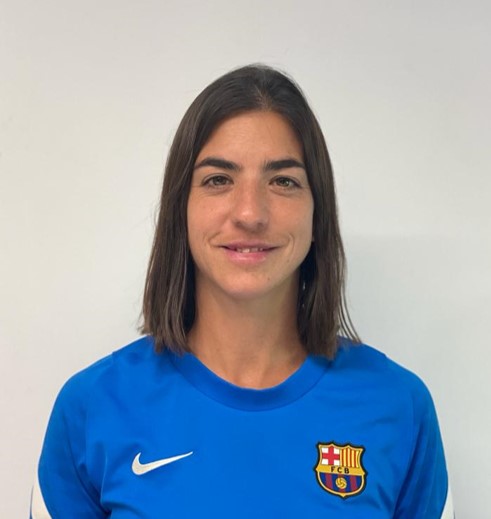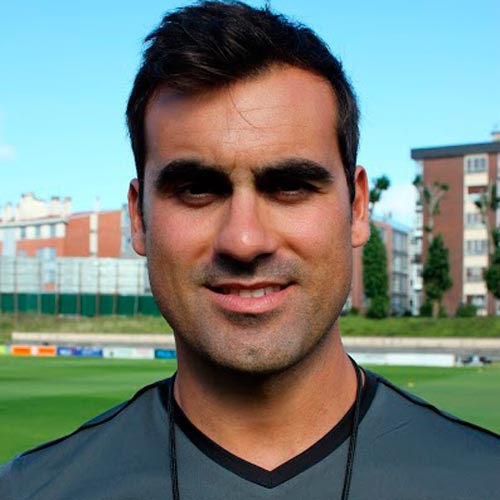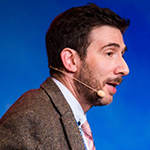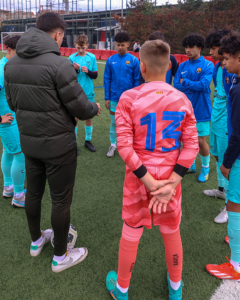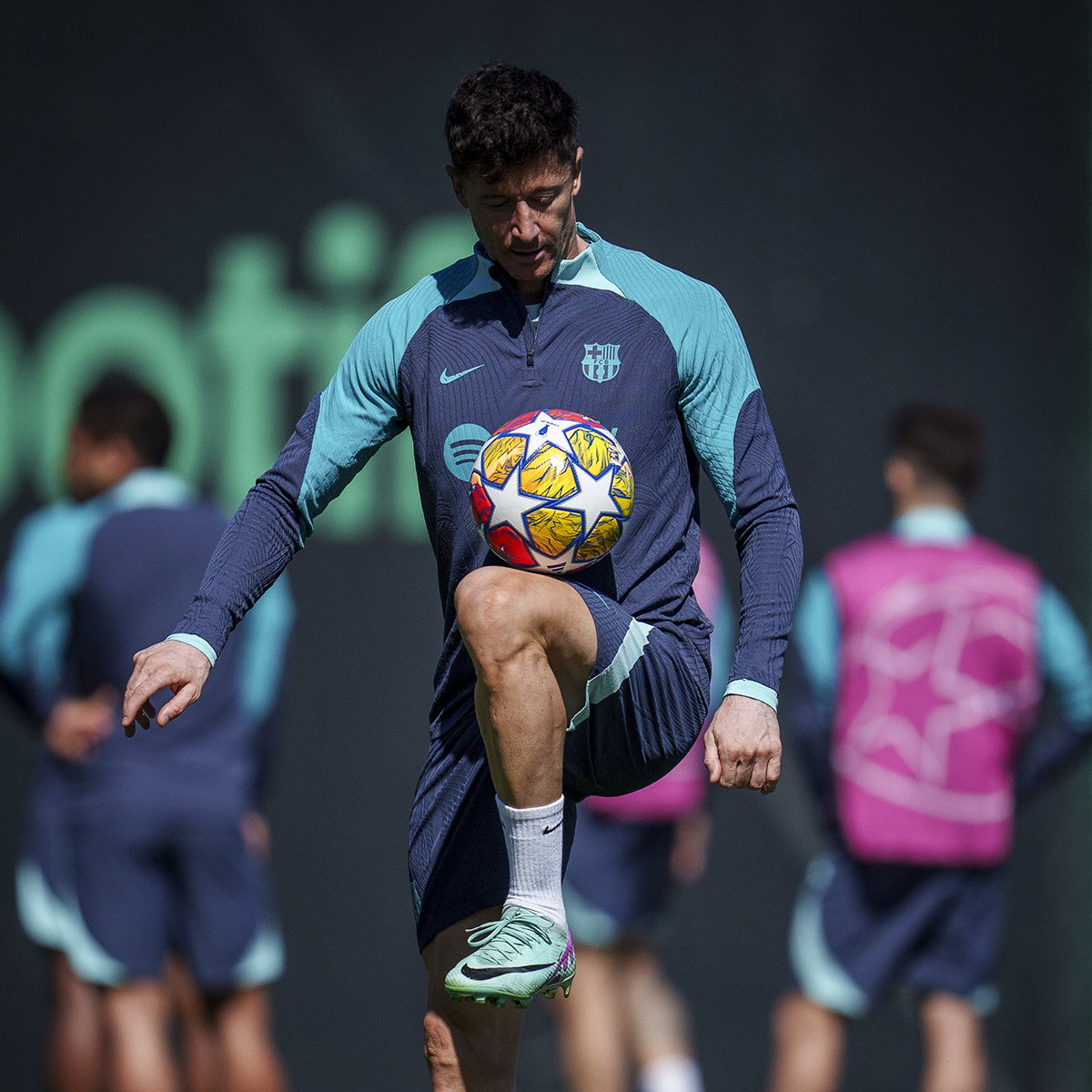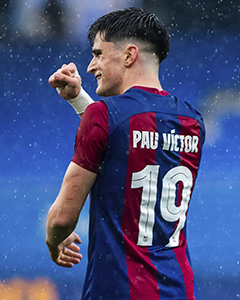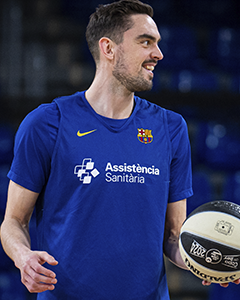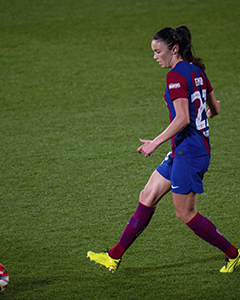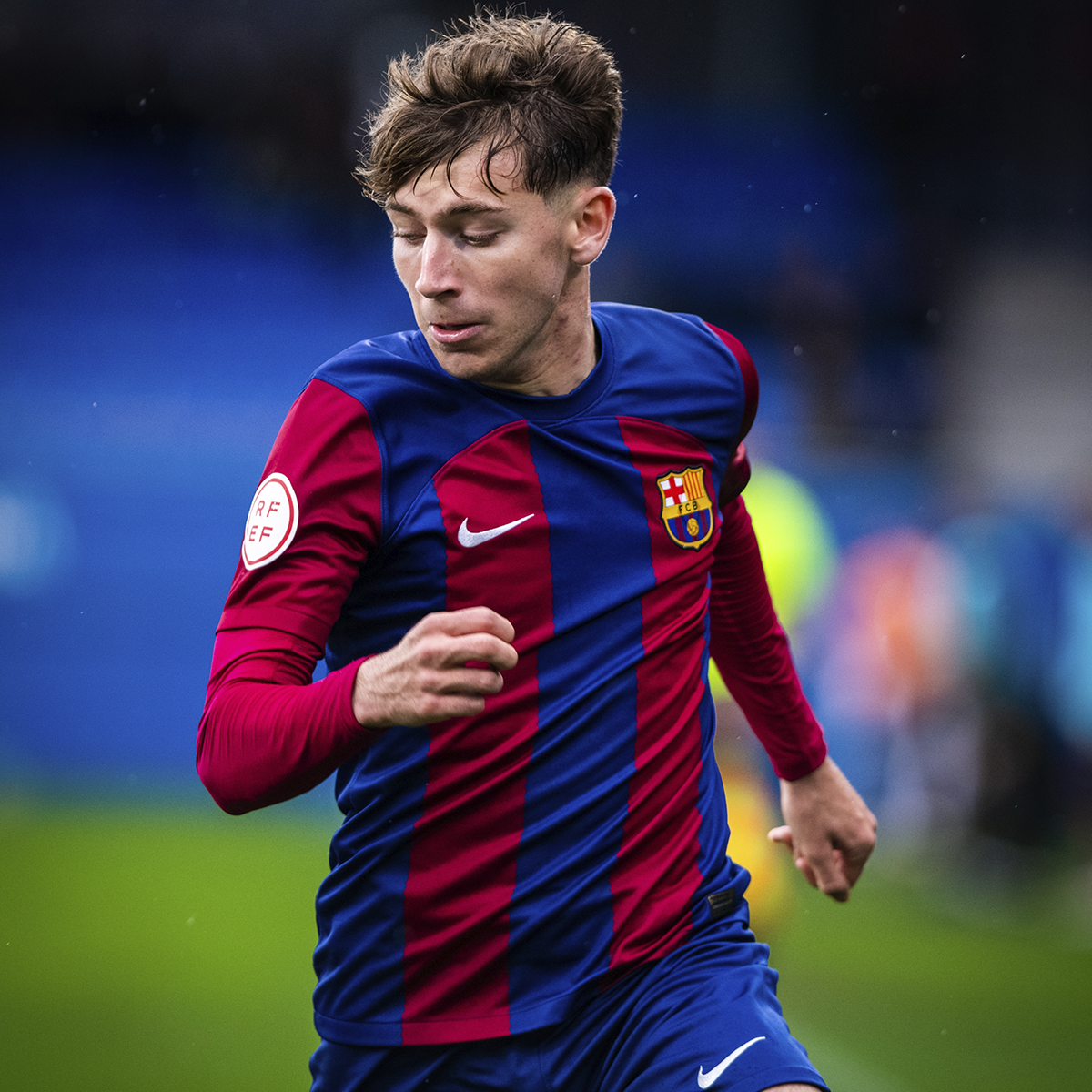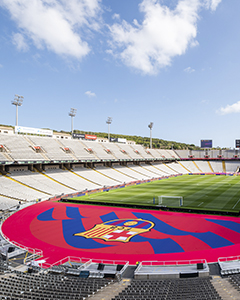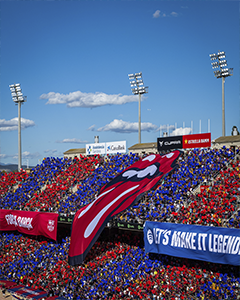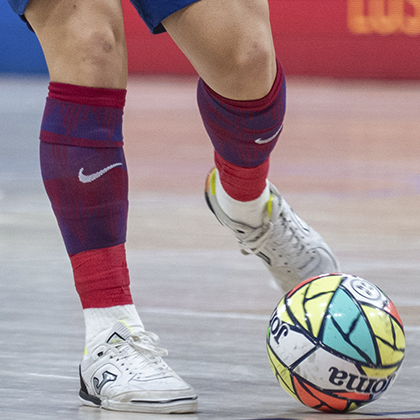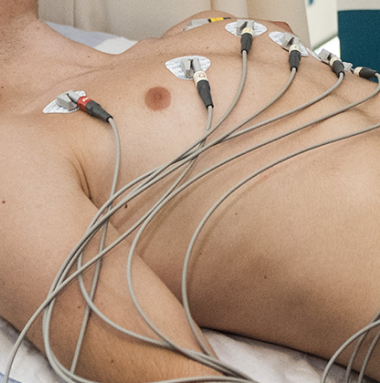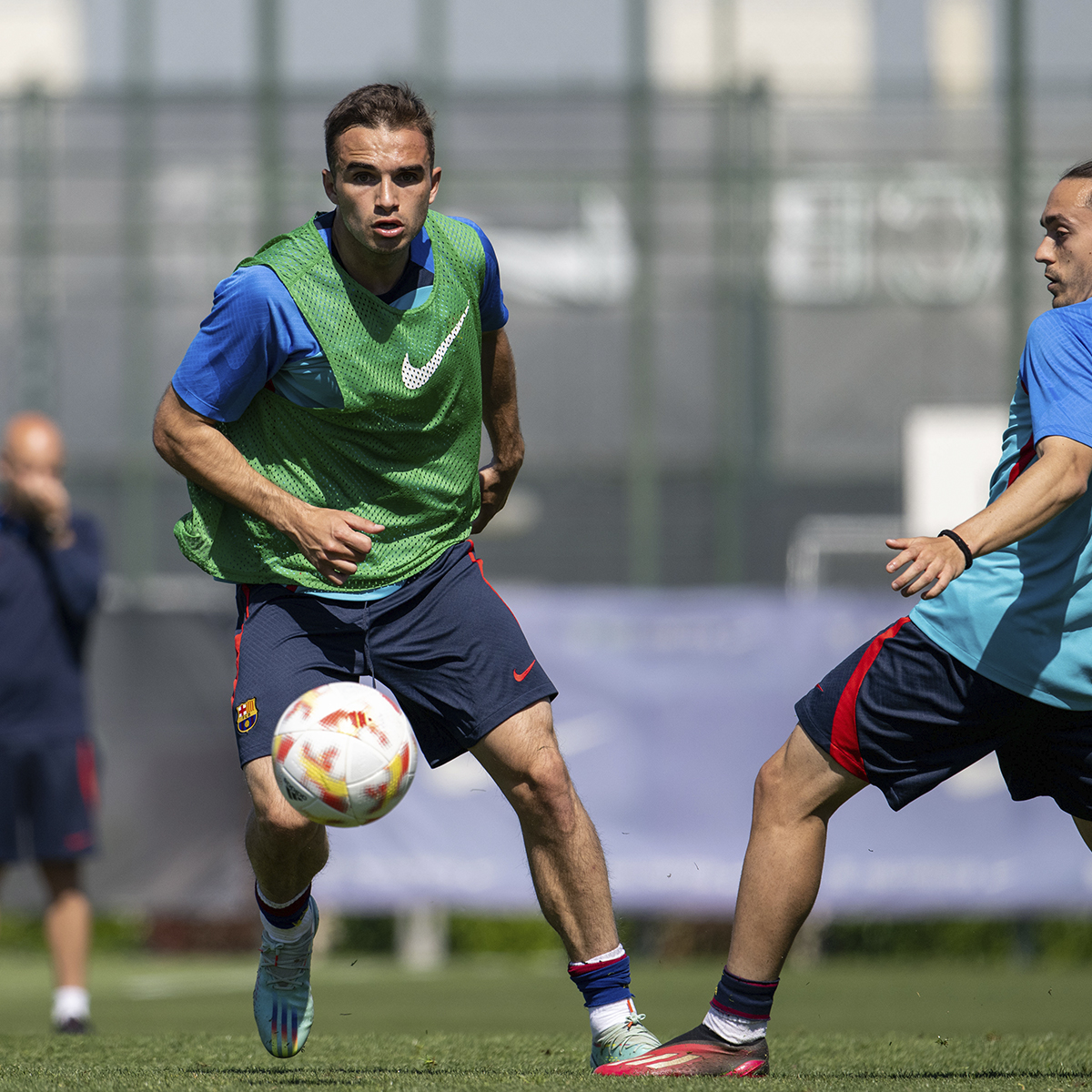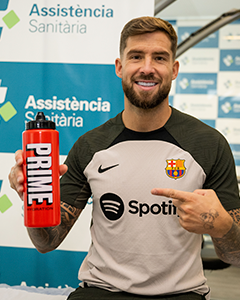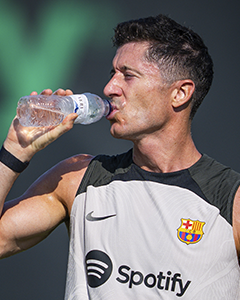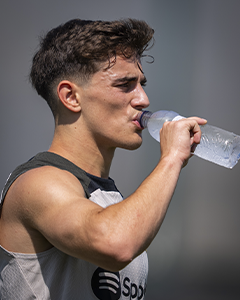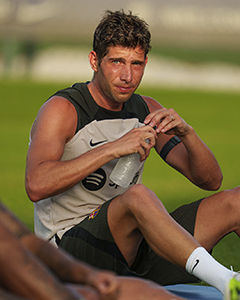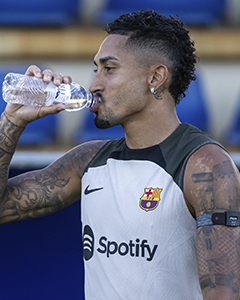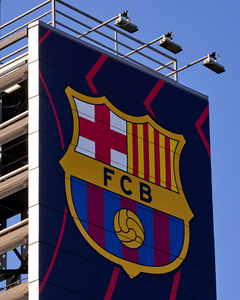Description
The growth of female football in the last years has been extraordinary, and it continues growing at cruise speed. Clubs and federations get more and more involved and take more stakes, and the economic resources allow teams to professionalise and focus on optimising performance.
Conditioning has been one of the most important foundations in this change, or even the launch pad to be a real elite team. Professionals or people with the ambition to be professionals in female football would be able to see how female conditioning develops in football in Barça from a multidisciplinary point of view of all the areas involved in the conditioning aspect.
Throughout the program, we will deepen our understanding of the professional application of strength training in the two major work environments that are presented: the strength and conditioning coach and the return-to-play-coach. In both cases, the contents cover fundamental and up-to-date knowledge of these two professional profiles, with strength as their central topic. The main aspects of development for both profiles are succinctly addressed, and the work methodology for each of them is also covered.
Lastly, we’ll focus on the use of kinetics derived from force platform testsforce platform. This technology has over the past decade become one of the most commonly available tools to assess neuromuscular performance in sports settings – as part of the profiling of healthy athletes and in their care and management as part of regular monitoring during the competitive season. In this program, we aim to give you the means to understand and use data derived from force platform assessments to inform and enhance your decision-making processes in sports performance and rehabilitation-return to the sport.
